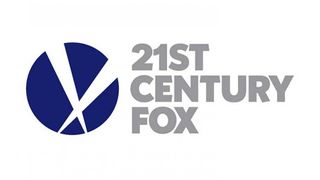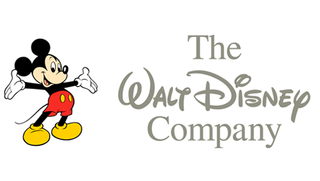Regulatory Fears Helped Sway Fox Toward Disney Deal


The Walt Disney Co.’s pending deal to buy certain assets of 21st Century Fox were briefly interrupted by a larger offer from Comcast, but the cable giant’s reluctance to offer a termination fee and concerns that the transaction would face stiff resistance from regulatory bodies pushed Fox towards a less lucrative deal with Disney, according to federal filings.
Fox and Disney announced their $66 billion deal in December, where Disney would purchase Fox’s cable channels FX, FXX and National Geographic, 22 regional sports network, 20 Century Fox movie and TV production studios and its interest in British satellite TV service Sky. Fox would retain its broadcast network, owned and operated television stations, Fox News Channel and Fox Business Network and sports channels FS1, FS2 and Big Ten Network.
According to the S-1 registration statement filed with the Securities and Exchange Commission on Wednesday, Fox began talks with Disney last August about a possible combination. Two other suitors emerged shortly after, referred to in the filing as “Party A” and “Party B,” but who according to reports were Verizon Communications and Comcast.
According to the filing, the Verizon talks broke down quickly because the telco insisted on an all-stock transaction with no meaningful premium.
But Fox took the Comcast proposal more seriously. Fox executive chairman Rupert Murdoch met with Comcast chairman and CEO Brian Roberts and in November had a solid offer of $34.41 per share for the assets. That was a hefty premium to the Disney offer Fox ultimately accepted in December of $29.54 per share.
But the Comcast deal lacked some critical components – Disney had agreed to pay a $2.5 billion termination fee should the deal not pass muster with regulators, while Comcast refused to make a similar guarantee. And Fox executives feared that the Comcast deal would face a hard path to regulatory approval. Even if a Comcast deal were to achieve a passing grade, Fox feared it would likely require the divestiture of valuable assets.
Comcast had proposed that any assets required to be divested would be returned to Fox, and the purchase price would be reduced to reflect that.
Broadcasting & Cable Newsletter
The smarter way to stay on top of broadcasting and cable industry. Sign up below
Fox’s fears were bolstered by the U.S. Dept. of Justice’s decision to block another large vertical merger – AT&T and Time Warner Inc. – that was eerily similar to a Comcast pairing.
“A consideration of these factors, discussion with regulatory counsel and an evaluation of the financial impact of Party B’s regulatory proposal and possible required divestitures led 21CF [Fox] management to the preliminary conclusion that a strategic transaction with Party B carried a qualitatively higher level of regulatory risk, including the possibility of an outright prohibition, than such a transaction with Disney,” Fox said in the filing.
Comcast has since made public its desire to buy all of Fox’s British satellite company Sky, announcing a $31 billion offer for the entire company in February. But Comcast has not yet made a formal bid for Sky, a fact noted by Fox in its response to the announcement.
Some analysts expect Comcast to make another offer for the Fox assets currently part of the Disney deal, and is waiting for the AT&T-Time Warner trial to conclude before launching a bid. But that would hinge on the government losing its case and the AT&T-Time Warner deal going through, which some analysts believe is increasingly likely. On Wednesday Time Warner chairman and CEO Jeff Bewkes testified at the trial, calling the government’s claims that the combination would force higher prices and encourage blackouts of programming, “ridiculous.” AT&T chairman and CEO Randall Stephenson was expected to take the stand Thursday.
